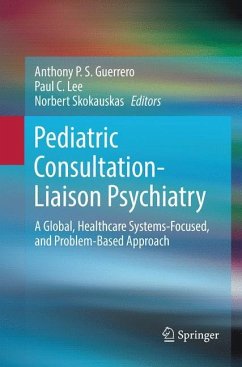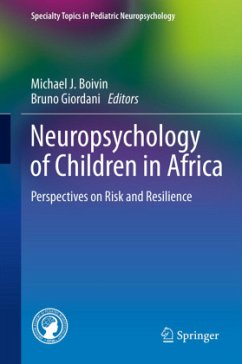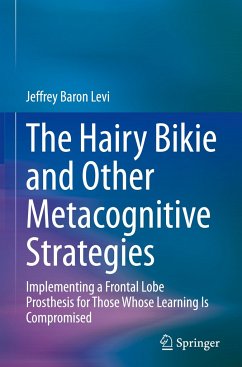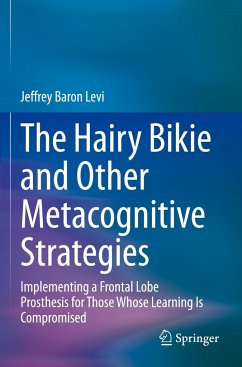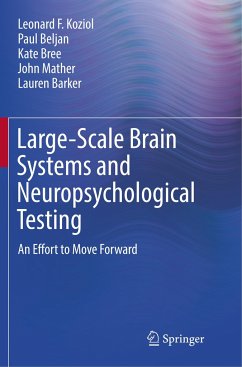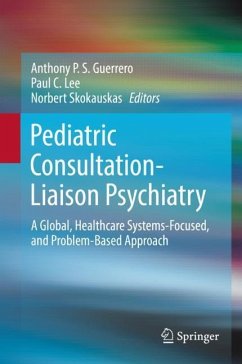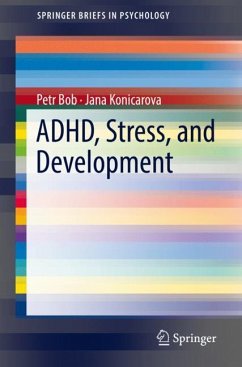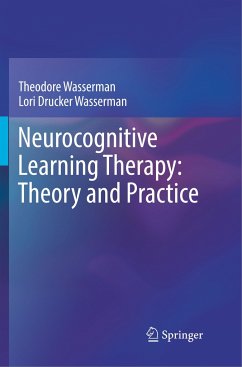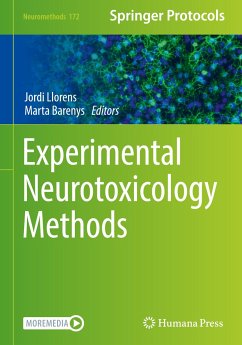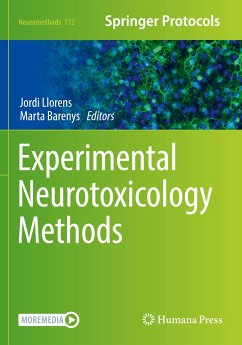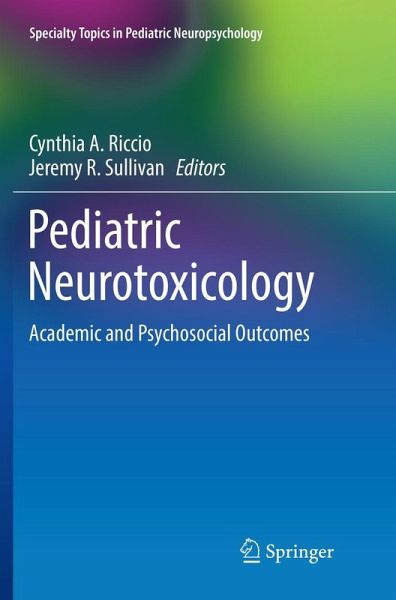
Pediatric Neurotoxicology
Academic and Psychosocial Outcomes
Herausgegeben: Riccio, Cynthia A.; Sullivan, Jeremy R.
Versandkostenfrei!
Versandfertig in 6-10 Tagen
53,99 €
inkl. MwSt.

PAYBACK Punkte
27 °P sammeln!
This book focuses on children and the impact of neurotoxins on the developing brain to guide the practice of psychologists working with children in clinical and school settings. Each chapter covers a distinct neurotoxin or group of neurotoxins, with particular emphasis on the impact of the neurotoxin exposure on the developing brain and long-term cognitive and psychosocial outcomes. This is more complex than studying neurotoxins with adults because of the rapid development occurring in the child's brain. Further, children are more susceptible than adults to the effects of neurotoxins due to th...
This book focuses on children and the impact of neurotoxins on the developing brain to guide the practice of psychologists working with children in clinical and school settings. Each chapter covers a distinct neurotoxin or group of neurotoxins, with particular emphasis on the impact of the neurotoxin exposure on the developing brain and long-term cognitive and psychosocial outcomes. This is more complex than studying neurotoxins with adults because of the rapid development occurring in the child's brain. Further, children are more susceptible than adults to the effects of neurotoxins due to their developmental status. Many of the effects discussed in this volume occur in utero, thus setting the stage for an altered developmental trajectory.





